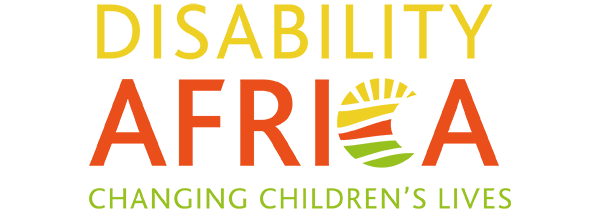This question is often asked or implied in discussions about disability, development and Africa.
The answer is 'no'.
Of course there are costs involved in reaching the people who have always been left the furthest behind, but often these are a lot lower than you might think.
By understanding that disability is primarily caused by the attitudes of non-disabled people towards people with impairments and designing programmes that promote social inclusion, Disability Africa has shown that major positive differences can be made to the lives of disabled children at a low cost and in a way that is sustainable.
What’s more, the costs of excluding disabled people are much higher than including them. First and foremost, there are the human costs; excluding disabled children from international development programmes on any grounds amounts to abuse of their human rights. No child deserves to be left behind.
But failing to include disabled people also has quantifiable economic consequences. Excluding disabled children from education and subsequently disabled adults from employment has been estimated to cost low and middle income countries up to 7% of their national GDP.
Programmes that specifically aim to include disabled children can have significant wider social and economic benefits. The benefits of inclusion spread far beyond disabled children themselves. By prioritising the development of disabled children and supporting them into education, our African projects reduce and spread burdens of care in both the short and long term. This has obvious knock on benefits for families and communities.
More broadly, we aim to build inclusive communities because we believe that they are good for everyone. By taking the steps to include the most disenfranchised people, a community implicitly takes the steps to include any disadvantaged person at all. It’s in everybody’s interests.
The case for inclusion is economic, social and above all moral. We should view it as an opportunity rather than an expense.
Since you're here...
...we think that you're probably interested in helping disabled children in Africa? If you like what we do, we'd love you to help us do more of it. A small one-off or monthly donation really would help us to change more lives.
